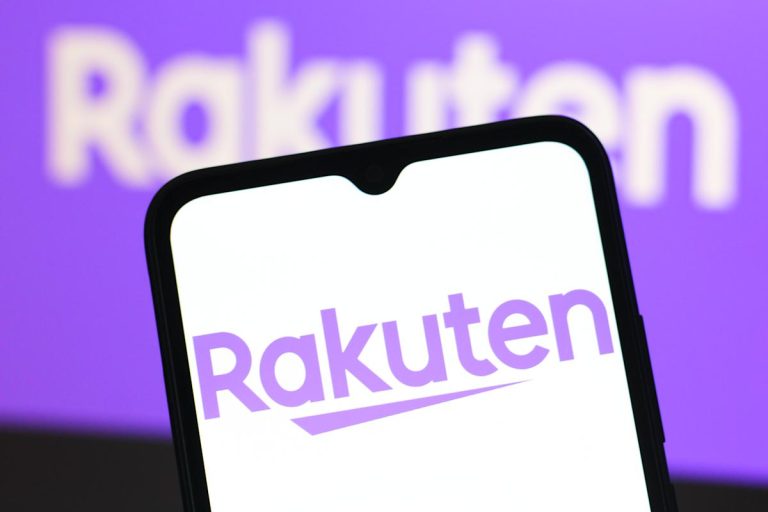The Centre is in the process of developing a proposal aimed at addressing the short-term credit needs of ecommerce exporters, alongside offering support to those maintaining warehouses abroad, The Economic Times reported. The commerce department has proposed a credit card similar to the Kisan Credit Card, which is expected to reduce borrowing costs for exporters from the current 15-18% range.
Officials indicate that a note for the Expenditure Finance Committee’s approval is underway, as the government aims to boost stagnant exports, which stood at $437.42 billion in FY25, a marginal increase of 0.08% from FY24.
These initiatives come at a critical time as the United States has recently ended duty-free treatment for low-value imports from China and Hong Kong. In 2024, over 1.4 billion packages valued at $64.6 billion arrived in the US, with nearly 60% originating from China.
“We are working on a larger scheme to promote ecommerce exports to resolve their financial issue,” the report quoted an official, adding that these measures form part of the ₹2,250 crore Export Promotion Mission announced in the FY26 budget.
India’s ecommerce exports, facilitated through courier and postal routes, are estimated at $1.5-2 billion annually, with total exports, including direct shipments, pegged at $8 billion.
The proposed schemes could span a period of five to six years, providing much-needed stability and support to the sector. The government plans not only to reduce borrowing costs but also to extend support to exporters with warehouses abroad, emulating China’s successful strategies.
Branding initiatives are also on the agenda to enhance India’s competitive edge in global markets. Furthermore, ongoing discussions between the commerce and industry ministry and the Reserve Bank of India aim to streamline bank reconciliation processes under the Export Data Processing and Monitoring System (EDPMS).
The current system, which requires matching all export payments against shipping bills, has posed challenges for exporters dealing with low-value, high-frequency shipments typical of ecommerce.
These challenges are compounded by the EDPMS requirements, where exporters must confirm payment realisation by matching export payments with shipping bills.
“Said exporters,” this has been a persistent issue, particularly for those engaged in ecommerce, as it often involves high-frequency shipments. The proposed measures seek to alleviate these difficulties and enhance operational efficiency.
The proposed credit card scheme, inspired by the Kisan Credit Card, aims to provide a financial cushion by offering lower interest rates and flexible repayment options, which are essential in maintaining the viability of small and medium-sized enterprises engaged in exports.
Through these strategic initiatives, the Indian government hopes to invigorate the ecommerce export sector and position it as a robust contributor to the national economy. As part of the larger Export Promotion Mission, these efforts reflect a concerted push to modernise and optimise the export landscape in India.







